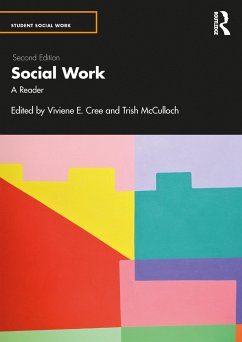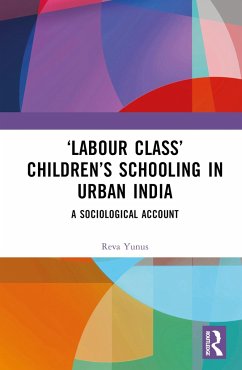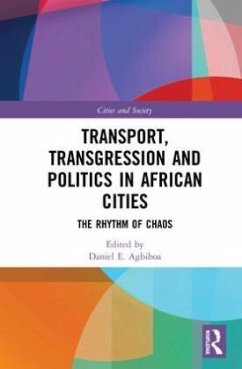
Creating the Unequal City
The Exclusionary Consequences of Everyday Routines in Berlin
Herausgegeben: Blokland, Talja; Giustozzi, Carlotta; Krüger, Daniela; Schilling, Hannah
Versandkostenfrei!
Versandfertig in 6-10 Tagen
45,99 €
inkl. MwSt.
Weitere Ausgaben:

PAYBACK Punkte
23 °P sammeln!
Cities can be seen as geographical imaginaries: places have meanings attributed so that they are perceived, represented and interpreted in a particular way. We may therefore speak of cityness rather than 'the city': the city is always in the making. It cannot be grasped as a fixed structure in which people find their lives, and is never stable, through agents designing courses of interactions with geographical imaginations. This theoretical perspective on cities is currently reshaping the field of urban studies, requiring new forms of theory, comparisons and methods. Meanwhile, mainstream urba...
Cities can be seen as geographical imaginaries: places have meanings attributed so that they are perceived, represented and interpreted in a particular way. We may therefore speak of cityness rather than 'the city': the city is always in the making. It cannot be grasped as a fixed structure in which people find their lives, and is never stable, through agents designing courses of interactions with geographical imaginations. This theoretical perspective on cities is currently reshaping the field of urban studies, requiring new forms of theory, comparisons and methods. Meanwhile, mainstream urban studies approaches neighbourhoods as fixed social-spatial units, producing effects on groups of residents. Yet they have not convincingly shown empirically that the neighbourhood is an entity generating effects, rather than being the statistical aggregate where effects can be measured. This book challenges this common understanding, and argues for an approach that sees neighbourhood effects as the outcome of processes of marginalisation and exclusion that find spatial expressions in the city elsewhere. It does so through a comparative study of an unusual kind: Sub-Saharan Africans, second generation Turkish and Lebanese girls, and alcohol and drug consumers, some of them homeless, arguably some of the most disadvantaged categories in the German capital, Berlin, in inner city neighbourhoods, and middle class families in owner-occupied housing. This book analyses urban inequalities through the lens of the city in the making, where neighbourhood comes to play a role, at some times, in some practices, and at some moments, but is not the point of departure.













